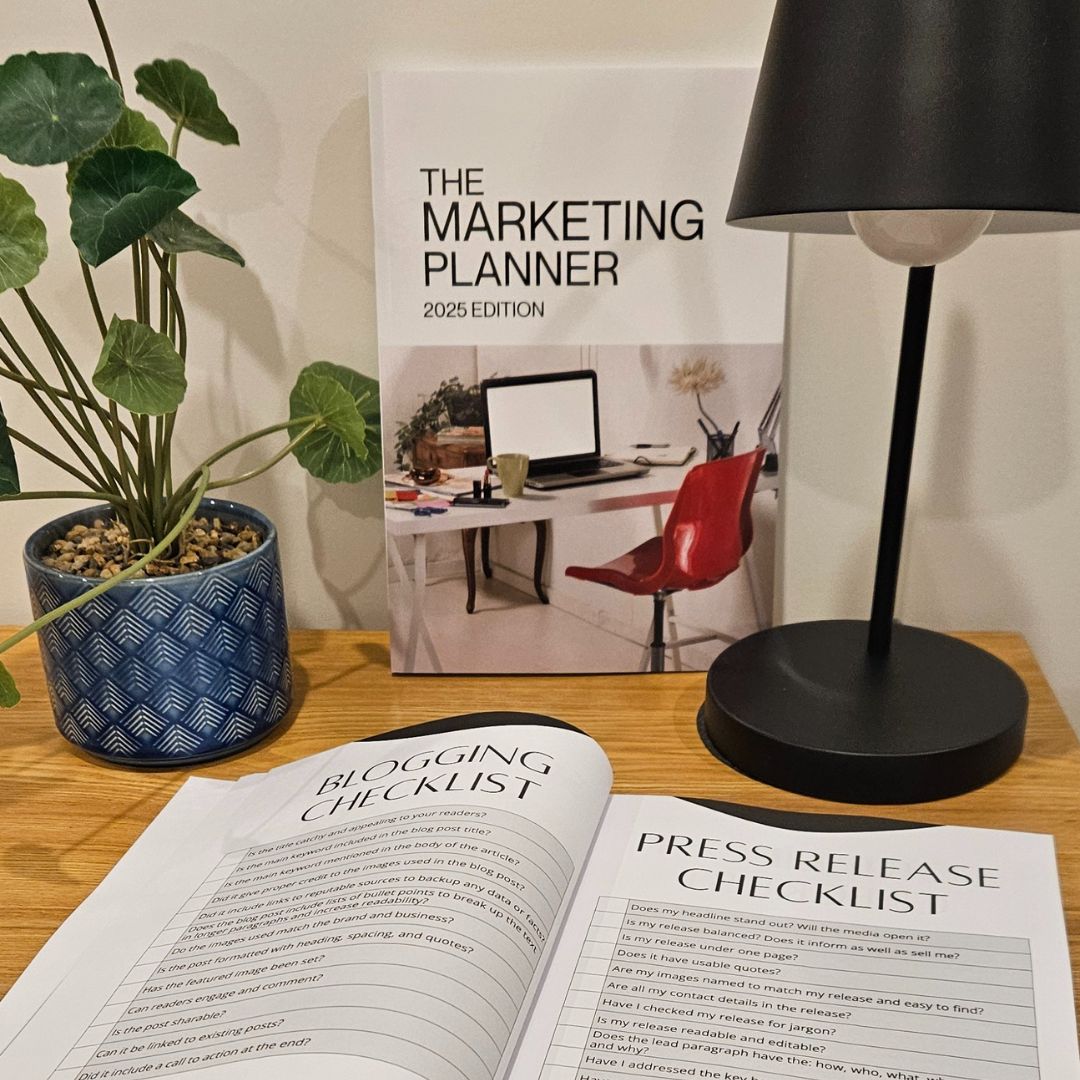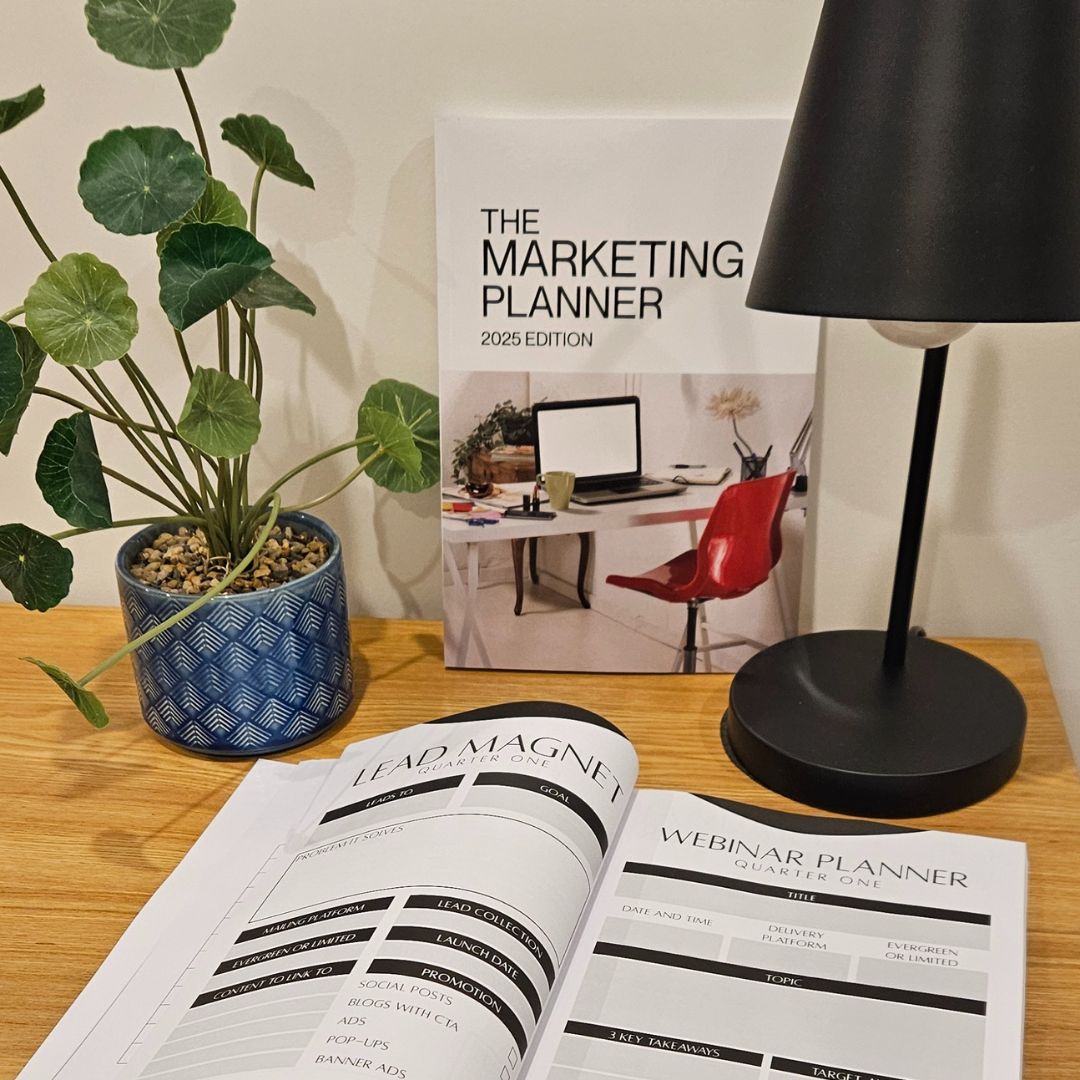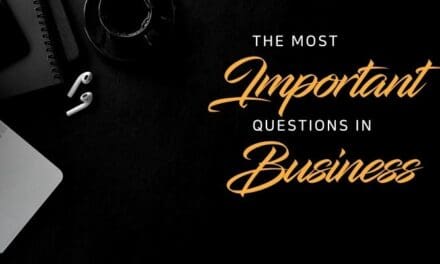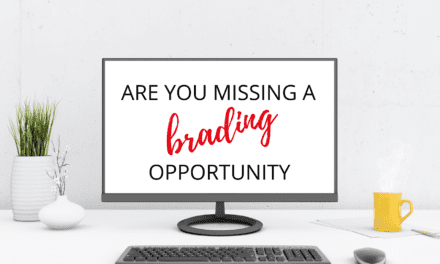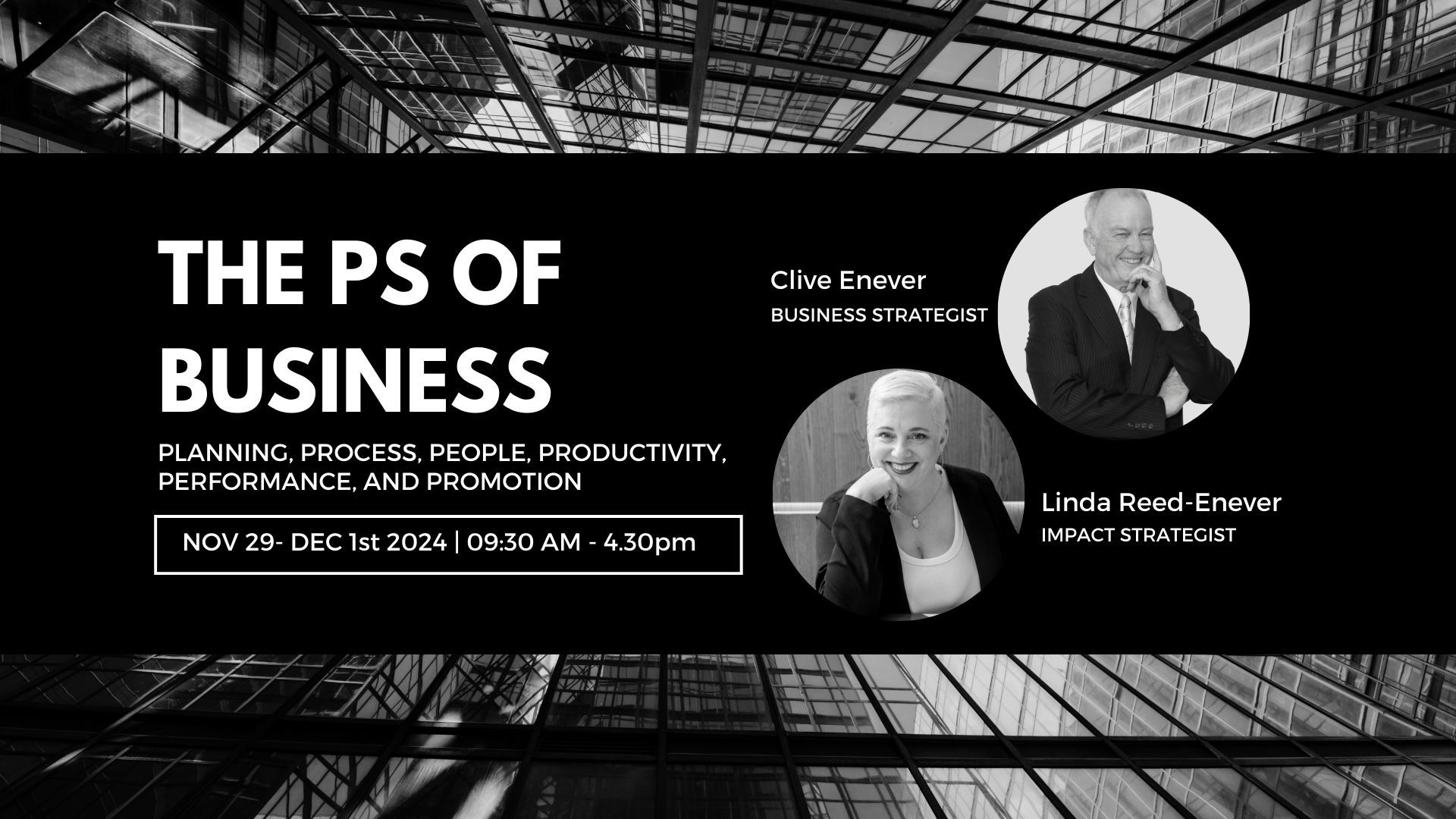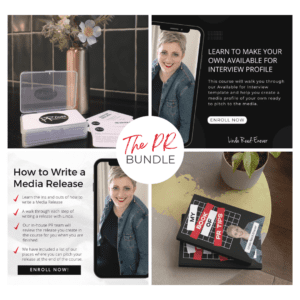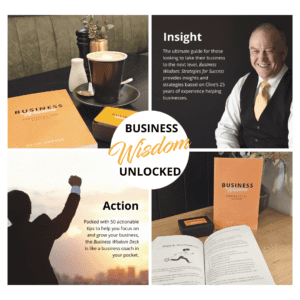“Personalised marketing” might sound like a buzzword, but make no mistake – it’s essential to successful marketing. Customers crave relevance and connection, and with a personalised approach, we can cut through the noise, build trust, and create that all-important “know, like, and trust” factor that makes a brand memorable.
If you’re ready to move beyond generic messaging and start creating experiences that resonate with your target audience, you’re in the right place! Let’s explore why personalised marketing matters and how you can implement it in practical, authentic ways.
Why Personalised Marketing is Essential
So, why all the fuss about personalisation? It’s not just a trendy concept; it’s foundational to building a loyal customer base. Studies show that 80% of customers are more likely to make a purchase when a brand offers a personalised experience. Why? Because it makes them feel valued, understood, and like they’re part of a two-way relationship, not just another transaction.
When customers feel like a brand “gets” them, they’re more likely to engage, trust, and stick around. In today’s competitive landscape, that connection can make all the difference between a one-time sale and a loyal, repeat customer.
Practical Tactics for Personalised Marketing
Now that we understand why personalisation matters, let’s dive into some practical tactics to make it happen.
Audience Segmentation
Start by grouping your audience based on what they have in common – demographics, interests, purchase history, or pain points. This segmentation allows you to move away from blanket messaging and deliver content that feels relevant to each group. Quizzes and targeted lead magnets are fantastic tools for segmenting and personalising your messaging.
Data-Driven Content
While marketing can seem like magic, successful personalisation relies on data. Use insights from tools like Google Analytics or your social media platforms to see which content resonates with your audience. Once you know what works, double down on it! Even better, you can use AI tools like ChatGPT to help brainstorm additional ideas for content that will appeal to specific segments.
Dynamic Email Campaigns
Email is one of the few channels you truly own, making it a powerful tool for personalisation. For example, if a customer browses your online store but leaves without purchasing, send them a gentle reminder through an abandoned cart email. Or, if they’ve made a purchase, follow up with product suggestions that fit their interests. This type of behaviour based personalisation isn’t intrusive; it’s timely and relevant.
Personalised Product Recommendations
If you’re in e-commerce, personalised product recommendations are essential. Think about how Amazon suggests items based on your browsing history – it’s incredibly effective because it feels tailored. You can do the same by suggesting products or services on your website, through emails, or with retargeting ads that match customers’ past purchases or interests.
Tailored Landing Pages
If your product appeals to multiple audiences, consider creating personalised landing pages for different segments. The content might be similar, but by addressing specific challenges for, say, business owners versus healthcare workers, you’re showing you understand their unique needs. This can lead to stronger connections and, ultimately, more conversions.
The Role of Authenticity in Personalisation
Personalisation is powerful, but only when it’s done authentically. Today’s customers are incredibly savvy; they can quickly spot insincere marketing tactics, which can backfire. Approach personalisation as a way to genuinely enhance the customer experience, not just to drive sales. Be transparent about any data collection, letting customers know how it will improve their experience.
Getting Started with Personalised Marketing
Personalised marketing doesn’t have to be overwhelming. Here’s a quick roadmap to help you get started:
- Identify Key Segments: Start by identifying three or four segments based on age, location, interests, or where they are in the customer journey. Don’t overcomplicate it!
- Create Targeted Content: Use the information you gather to create meaningful, targeted content. Whether it’s a blog post, social media content, or an email sequence, tailor it to each group’s interests.
- Start Small and Build: Implement one or two personalised tactics, like dynamic emails or segmented social media campaigns, and expand from there.
- Monitor and Adjust: Personalisation is an ongoing process. Test your strategies, gather feedback, and adjust based on what resonates with your audience. Remember, even evergreen marketing needs periodic check-ins to ensure it’s still relevant.
Building a Tailored Customer Journey
A key part of personalised marketing is crafting a journey that feels customised from start to finish. Draw customers in with tailored content and follow through with thoughtful touches, like a follow-up email with tips on how to use a purchased product.
For instance, my Marketing Planner, include tutorials or tips to help customers make the most of it. This kind of attention to detail creates a memorable experience and increases customer loyalty.
Personalisation Isn’t Just a Marketing Tactic
Personalised marketing is about creating a customer experience that feels unique and relevant. When customers feel understood and valued, they’re more likely to engage, buy, and stay loyal. So take some time today to learn more about your audience, gather data to guide your strategy, and always keep your approach authentic.
Highlights
- [01:00] The Importance of Personalised Marketing
- [01:57] Effective Tactics for Personalisation
- [02:50] Leveraging Data for Personalised Content
- [03:41] Dynamic Email Campaigns and Product Recommendations
- [05:01] Creating Personalised Landing Pages
- [05:36] Authenticity in Personalised Marketing
- [06:49] Getting Started with Personalised Marketing
- [07:59] Creating a Tailored Customer Journey
Resources
Affiliate Disclaimer: Some of the links shared in this content may be affiliate links. This means the Enever Group may earn a small commission if you purchase through them, at no additional cost to you. We only recommend products and services we trust and believe will benefit you. For full information, see our terms of use.
The Marketing Planner
The Marketing Planner is designed to help you plan out and execute your marketing activities for the year. It is an intuitive tool that puts your marketing goals and strategies in one place and aligns your marketing projects and tasks.
We start the planner with a Quarterly Overview so that you can set your focus each quarter and then break it down further into Monthly Goals. Each quarter and month have templates for you to fill out, helping you organise your strategy and refine your marketing messages.
The Marketing Planner includes spaces for planning Monthly Goals, Lead Magnets, Blog Posts, Press Release, Social Media, Video, and Podcast Content, along with a Newsletter template to bring it all together.
Then most importantly, we have our Stats Trackers and Reviews to help you track and measure your results.
$49.95


